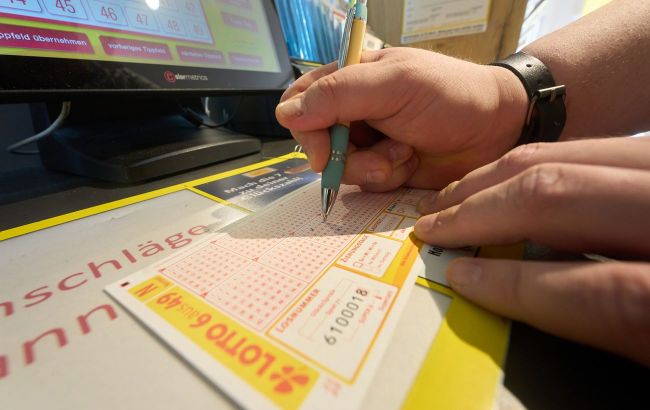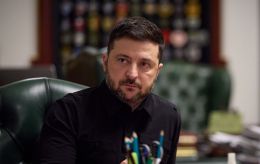Math genius wins lottery 14 times with legal ticket hack, sparks FBI probe
 Man hits jackpot 14 times thanks to math (photo: Getty Images)
Man hits jackpot 14 times thanks to math (photo: Getty Images)
Imagine winning the lottery. Once. Then again — and again. That's exactly what happened to Romanian-Australian economist Stefan Mandel in the 1990s. With a small team, he managed to win the lottery 14 times. And it wasn't luck. The FBI and CIA even launched investigations into his activities, but found no violations of the law, IFL Science informs.
A brilliant system, not lucky numbers
The odds of winning a lottery jackpot are astronomically low. In EuroMillions, for example, the chances are 1 in 139,838,160. Buying another ticket doubles your odds — but they still remain minuscule.
But what if, in theory, you could buy every possible number combination? You'd be guaranteed a jackpot win. The problem is figuring out how to purchase millions of tickets.
Mandel noticed something crucial. In some lotteries, the jackpot would grow so large that it exceeded the total cost of buying every possible combination of numbers.
This meant that, if you could purchase every ticket, you were almost guaranteed to make a profit — assuming no one else hit the jackpot with the same numbers. Mandel decided to give it a try.
Millions of tickets and a logistical nightmare
The strategy didn't break any lottery rules. But executing it was a massive logistical challenge. First, Mandel had to convince enough investors to back his bold scheme. That alone took several years.
Then came the task of generating and printing the tickets. He developed special algorithms to create and print millions of unique combinations. At the time, some lotteries permitted the printing of tickets outside official sales points.
His team waited patiently for jackpots to reach a level far above the cost of buying all possible tickets.
When that moment came, they moved fast, rushing to stores to purchase millions of tickets. Even then, there were hiccups, like in Virginia.
Jackpot in Virginia: $15.5 million
After several successful wins in smaller Australian lotteries, Mandel set his sights on the United States. He was particularly interested in a new lottery in Virginia that used numbers from just 1 to 44.
That meant only 7,059,052 possible combinations — far fewer than the 25 million or more in other lotteries.
When the jackpot in Virginia hit $15.5 million, Mandel gave his team the go-ahead. They began buying tickets en masse.
He had already arranged the unusual bulk purchase with lottery operators in advance. Still, some retailers refused to cooperate, leaving a small portion of combinations unpurchased.
After two days of frantic buying, Mandel's team secured 6.4 million out of the 7 million possible tickets. Despite the risk of missing combinations, the winning ticket was among those they had purchased.
The agencies took notice
The win drew attention from both the FBI and the CIA. Investigators launched a deep probe into Mandel's operation. But they found nothing illegal. Mandel had simply mastered the mathematics and logistics within the bounds of the rules.
The legacy of a mathematical millionaire
It’s unclear how much Mandel personally profited after paying investors, legal fees, and other costs. But there’s no doubt the operation earned him a substantial fortune.
In total, Mandel won 14 different lotteries, helping deliver millions in prize money to his investors.
Eventually, he retired and settled in a beach house on the tropical islands of Vanuatu, leaving behind the legend of the man who beat the lottery with nothing more than brilliant math.

